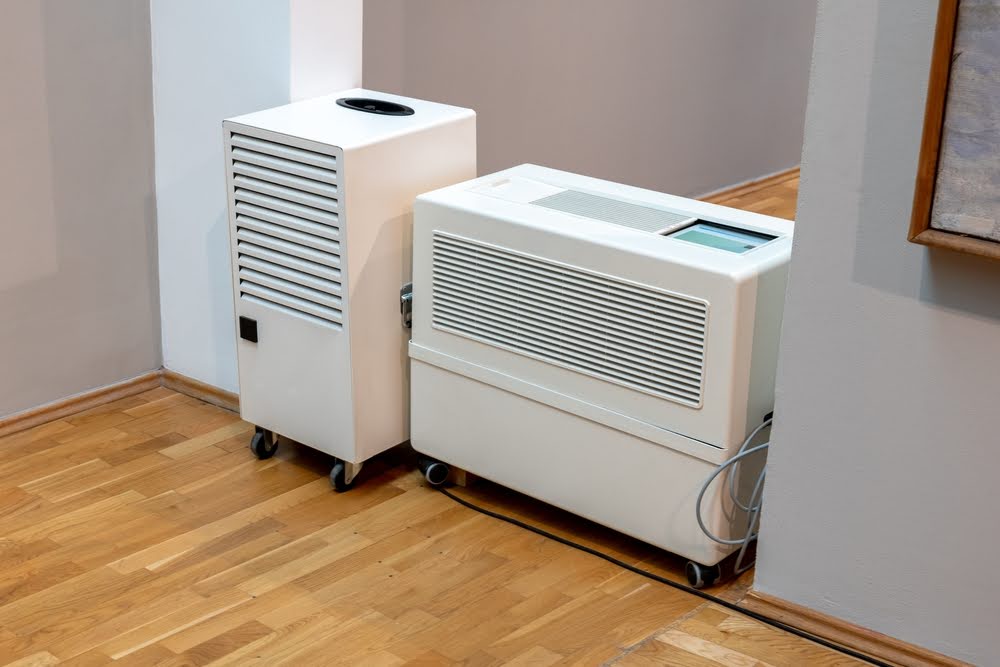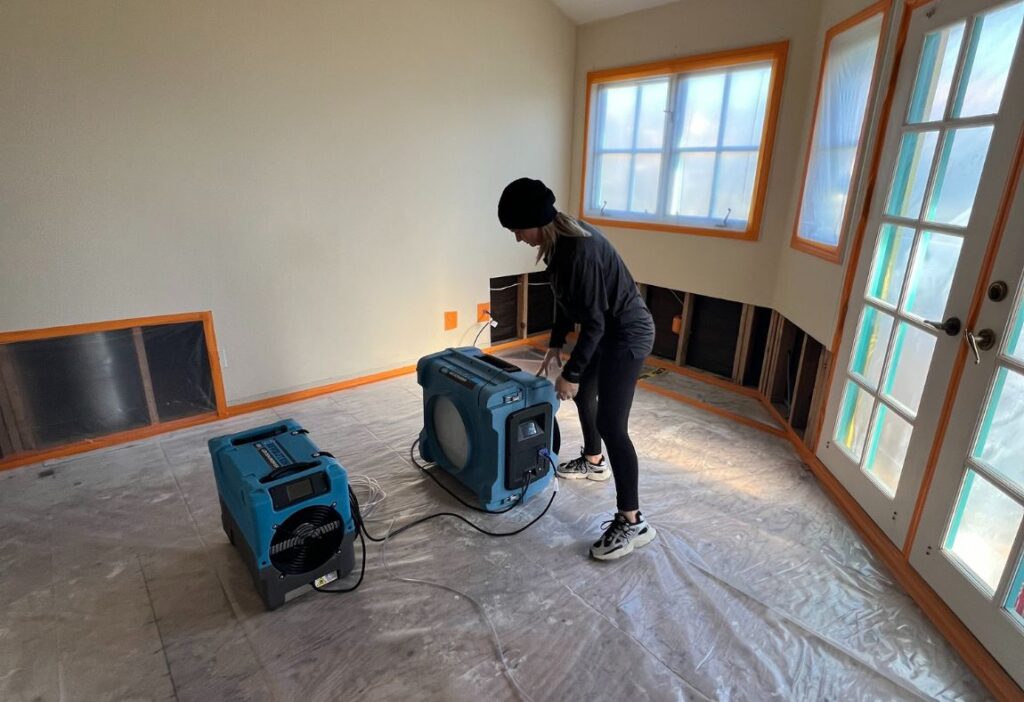Is Black Mold Dangerous [Quick Rundown]
We can all agree that black mold is not the nicest thing to look at or smell, but have you ever posed the question, “How dangerous is black mold”?
Aside from its less-than-desirable appearance and scent, black mold can also cause some serious health concerns in humans and animals.
But before you start panicking, we’re here to give you the details on the effects and possible harm of this fungus.
Let’s go!
What Is Black Mold
Before we can discuss the dangers of black mold, we need to understand what it is and what it looks like.
Black mold is a type of fungus with a dark green or black appearance. It can’t spread everywhere; its preferred surfaces are those that consist of cellulose, so paper, drywall, and wood.
But mold doesn’t just appear and grow on its own. It needs suitable conditions.
Specifically, like most fungi, black mold thrives in dark, moist, and somewhat warm environments, such as bathrooms and basements. Black mold on windows can also be a common issue, especially in areas with condensation.
The way black mold can be dangerous to its human cohabitants is through its airborne spores which contain toxic chemicals called mycotoxins. When inhaled, these toxins can pose an uncomfortable, but not deadly threat to humans and animals.
How Dangerous Is Black Mold?
Now to the part you’re here for – can black mold kill or severely harm you and your loved ones?
The good news is that black mold, while unpleasant to behold, doesn’t have the power to kill humans but it can negatively impact adults, children, and pets.
There are people with black mold allergies who are more sensitive to the effects of this fungus and can suffer from:
- Coughing
- Sneezing
- Runny nose
- Itchy eyes, nose, and throat
- Nasal congestion
- Dry and itchy skin.
Essentially, all the trademark symptoms of allergies in general.
Black Mold And Immunocompromised People
While the consensus around black mold says that it cannot cause more serious harm, this premise doesn’t necessarily apply to those whose immune systems are chronically weaker.
Specifically, people who suffer from asthma can have worse and more severe reactions to black mold, such as:
- Shortness of breath
- Wheezing
- Tightness in chest
In more serious cases, such as pre-present lung disease and more severely compromised immunity, there have been, although very rare, situations where black mold has proven to be the cause of severe illness, or even be fatal.
However, this isn’t a reason to panic – most people will only experience mild allergy symptoms.
Getting Rid Of Black Mold
So, is black mold dangerous? While it may not be deadly, it can still pose significant health risks and cause damage to your property so it should be treated and removed from your home as soon as possible.
You can try to do it yourself with some DIY solutions, but there’s no guarantee you’ll get rid of all of it that way, or do it properly.
That’s why it’s best to get in touch with a black mold removal specialist to do the job for you safely and effectively.
To help you with this, feel free to contact MoldFix.
![Is Black Mold Dangerous [Quick Rundown] 1 How dangerous is black mold on wall.](https://www.moldfix.net/wp-content/uploads/2024/08/Black-mold-on-the-wall.jpg)


